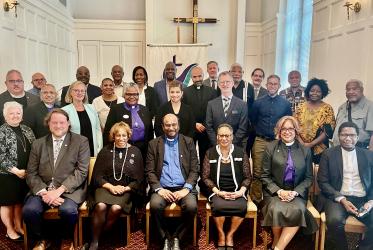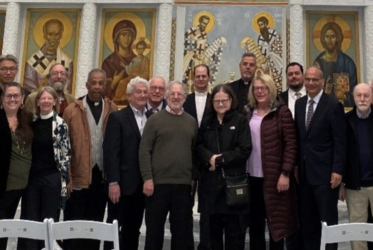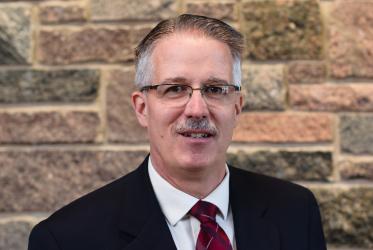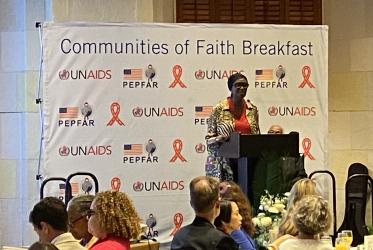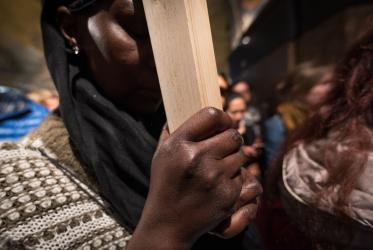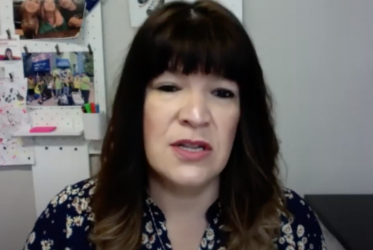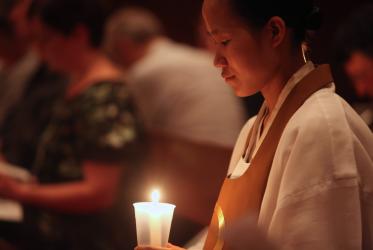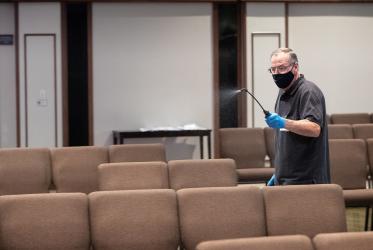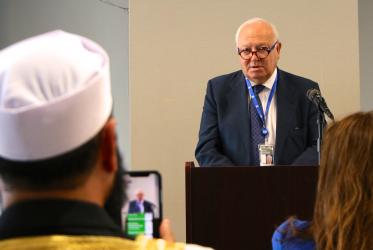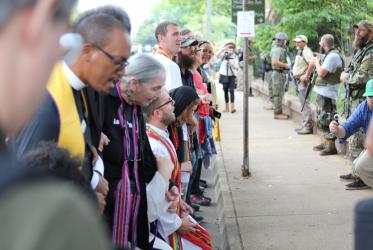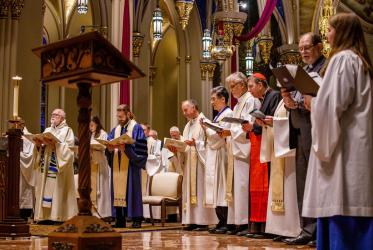Displaying 1 - 20 of 57
Comment le racisme est-il réellement traité par les Églises?
15 February 2022
How do churches address racism, really?
15 February 2022
Bible study addresses church identity in pandemic
17 September 2020
WCC condemns attack at Hanukkah celebration in New York City
29 December 2019
Worshipping safely: UN, faith communities unite to prevent violence
20 September 2019
